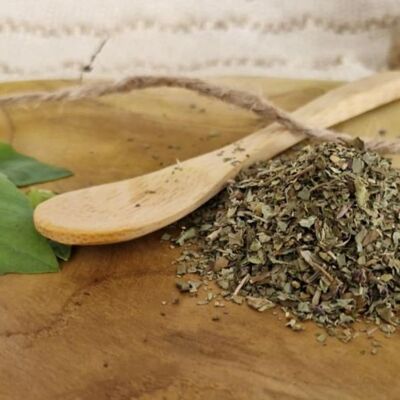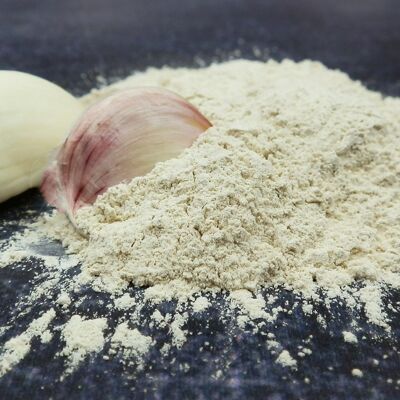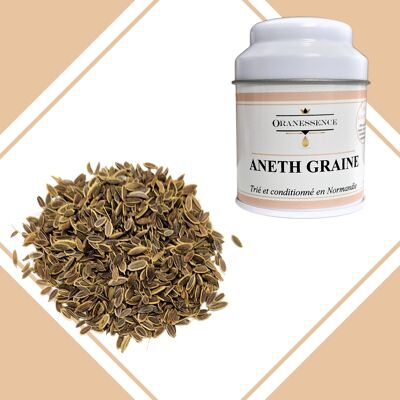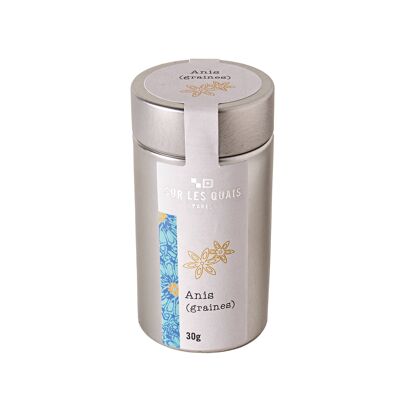


Use of Dill It is a plant of the Umbelliferae family with fine leaves and a powerful fragrance. Dill goes very well with , for example, it perfectly flavors a fillet of cod or hake. Moreover, it is also used in the cooking waters of crabs or large shrimps. Still in the maritime context, you can make a bagel with salmon and Saint Moret cheese flavored with dill. Surely there are a lot of salmon recipe with dried dill For vegetables, it will bring a lot of flavor to your potatoes and zucchini, beans or even some cabbage. In addition, it goes perfectly with cream sauces such as Greek mezze also called Tzatziki. Indeed, the powerful and lemony aromatic notes of dill make it interesting in white cheeses. In a similar context it can be added to certain cheeses. For meats, it can be used with lamb and chicken. Dill can also add flavor to homemade mayonnaise or remoulade. Moreover, like thyme and basil, dill has a strong aromatic power. Finally, it goes well with garlic and kaffir lime in a clear sauce. Benefits of dill Dill is reputed to treat oral hygiene, in particular by keeping breath fresh. Likewise, this aromatic herb has a high potassium content. In addition, it is useful for fighting indigestion and relieving colic. In addition, it protects the intestine by limiting the proliferation of bacteria harmful to the body. It acts against insomnia by regulating the flow of thoughts. The plant also has Vitamins A and C. Its proportion of vitamin A will help visual acuity in particular, vision in the dark. In another register, it is particularly useful for good embryonic development. Regarding vitamin C, it is useful in the absorption and storage of iron. In addition, it allows the formation of collagen (skin, tissue, nails, tendons etc.) On the other hand, like many vitamins, it is beneficial in order to fight against fatigue. Namely that according to some collections of herbalist dill is effective against hiccups. It can be consumed as an infusion to take advantage of its virtues. For the dosage 1 tsp for 20 Cl of water at 100°C. As for the infusion time, 5 minutes is enough. Nevertheless, the consumption of this aromatic herb alone cannot guarantee you good health. It is not recommended for pregnant women and people allergic to umbelliferae. Origin and History Dill is a light-loving plant, although it does not tolerate high heat. We find the first traces of this aromatic herb among the Greeks and Romans around 3000 years BC. In addition, it comes from the Apiaceae family. It is given a strong smell which allows it to be very present in our kitchens. The plant can measure up to 1.5 meters, which is why it must be sheltered from strong winds so as not to break the stem. Taste and composition Dill from Turkey grown without GMOs. 100% natural composition with no added flavoring or preservatives. Its taste is particularly refreshing with subtle bitter and spicy notes, it sometimes has a slight aniseed taste. Cultivated in the Gaziantep region of Turkey. Refreshing and spicy taste with subtle aniseed, lemony notes and a powerful aroma. Ideal for cooking fish, potatoes, tzatziki-type cream-based sauces.


































